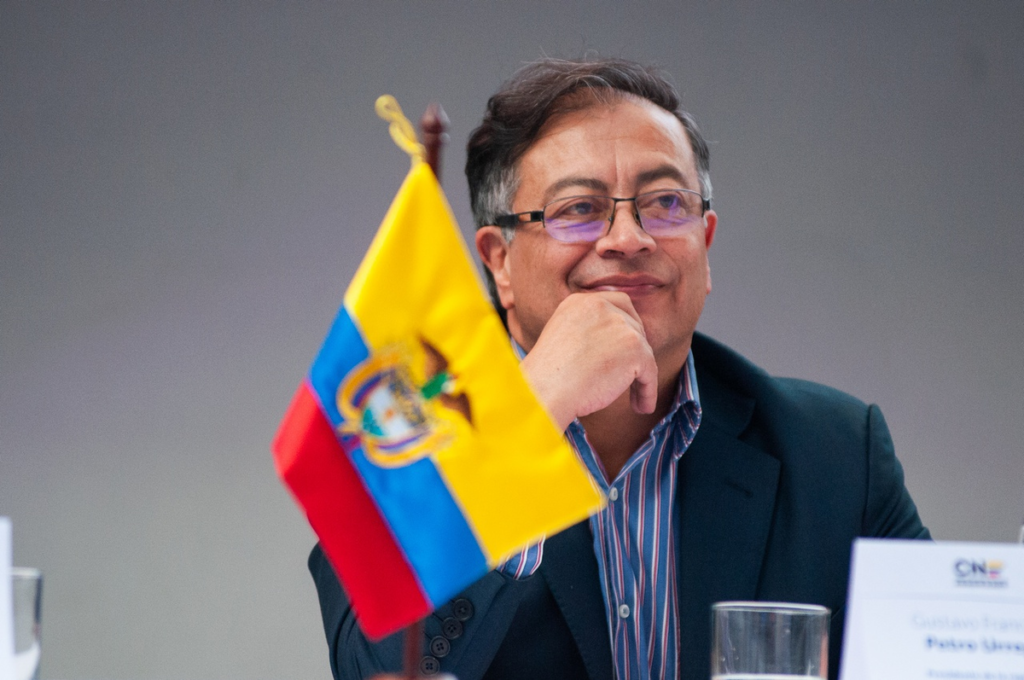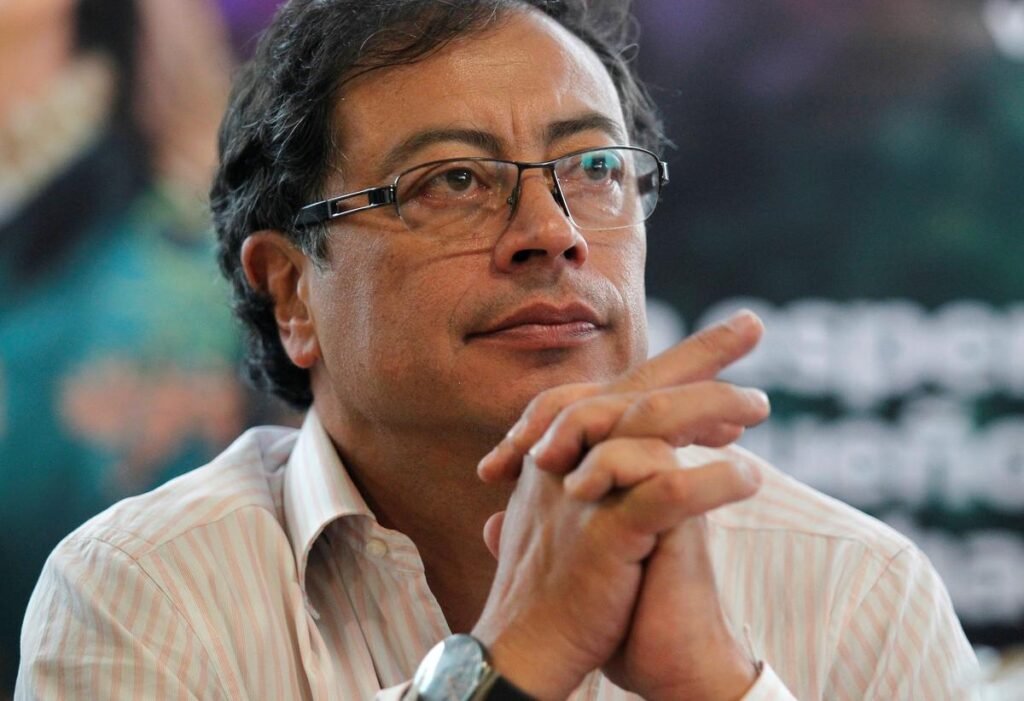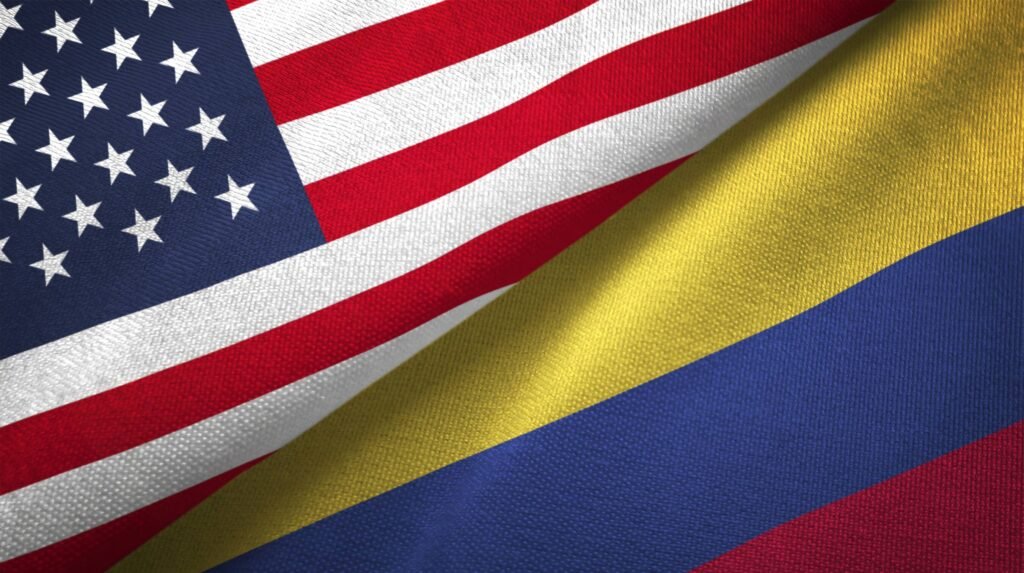Colombia’s powerful elites, who controlled the state for nearly two centuries before Gustavo Petro’s left-wing administration came to power twenty months ago, are now leveraging every possible means to block his progressive agenda. From misinformation campaigns to legislative obstruction, the opposition’s tactics have grown increasingly sophisticated, echoing recent efforts in Brazil and Argentina to unseat leftist leaders through legal manipulation. Petro’s administration warned of this “soft coup” last summer, emphasizing that if it succeeds, it will mark not just a defeat for Colombia’s first leftist government, but a strategic win for U.S. and Latin American capitalist interests.
Legal Tactics and the Role of Attorney General Barbosa
One of Petro’s most vocal opponents is Francisco Barbosa, the now former attorney general, who has openly challenged the president since he took office. This animosity escalated when Barbosa’s office began aggressive investigations against Petro’s allies under the pretext of anti-corruption efforts. Among other actions, they raided the teachers’ union, FECODE, citing dubious claims regarding campaign donations and temporarily suspended Foreign Minister Álvaro Leyva over unproven corruption allegations. The recent refusal by Colombia’s Supreme Court to confirm Petro’s nominees to replace Barbosa has further exacerbated tensions, effectively stalling the appointment of a fair and qualified attorney general who might prioritize organized crime cases over political prosecutions.


Colombia’s judiciary has long been seen as an extension of elite power, backed by material and strategic support from the United States. This dynamic allows powerful interests to use the legal system to counter popular movements, with media often framing these conflicts as personality clashes, rather than a struggle between entrenched power structures and the public’s mandate for change.
Lawfare in Latin America
Petro’s challenges are part of a broader pattern of “lawfare” across Latin America, where elites have increasingly weaponized the legal system against progressive leaders. For decades, U.S.-backed organizations have supported judicial reforms under the guise of “modernization” and anti-corruption initiatives. However, these reforms often empower elites to target leftist leaders, including Brazil’s Lula da Silva and Argentina’s Cristina Fernández de Kirchner, among others. A study by the Strategic Center for Latin American Geopolitics (CELAG) highlights how legal institutions across the region have been co-opted to undermine public-serving administrations and entrench private interests.
In Colombia, this approach has largely replaced more overt tactics, such as the violence, disappearances, and assassinations historically used to suppress political opposition. By leveraging lawfare against Petro, elites aim to avoid the backlash that a more direct approach would provoke, while still working to dismantle the progressive reforms that threaten their hold on power.

Petro’s Fight for Reform
Petro’s push for reform, from economic redistribution to social protections, has drawn fierce resistance from the Colombian ruling class. A decade before his presidency, Petro faced similar legal persecution as mayor of Bogotá when the Office of the Inspector General attempted to disqualify him from politics based on unfounded accusations. This attempt, led by right-wing official Alejandro Ordóñez, was ultimately dismissed by the courts, but not before tarnishing Petro’s reputation and reinforcing public skepticism toward leftist leaders — a tactic now being revived against his administration. The recent campaigns targeting Petro’s allies appear to follow the same pattern. These actions seem designed to undermine public confidence in Petro’s government and pave the way for his early removal. Right-wing Senator Fernanda Cabal recently called for escalated efforts to destabilize the government, emphasizing that preventing Petro from completing his term is a priority for the opposition.
Corruption Among Petro’s Opponents
Barbosa’s selective anti-corruption crusade speaks volumes about the biases embedded in Colombia’s legal system. While investigations into organized crime and cartel ties with the far right remain neglected, Barbosa has focused instead on Petro’s administration. One infamous case, involving businessman José Guillermo “Ñeñe” Hernández, whose ties to drug cartels and contributions to former President Iván Duque’s campaign are well-documented, was notably dismissed. Additionally, reports suggest that Barbosa used his position to protect former President Álvaro Uribe, who has faced serious accusations of orchestrating massacres in the 1990s. Barbosa’s labeling of Petro as a “narco” leader mirrors a long-standing tactic: discrediting progressive figures while shielding allies with deep ties to corruption.
This trend aligns with Washington’s approach to anti-corruption programs, which are frequently applied to undermine redistributive political projects in Latin America. If successful, the efforts to oust Petro could reverse significant social gains, reinforcing the region’s longstanding power dynamics.
A Political Turning Point
Colombia’s elites are unlikely to relent in their efforts to reverse the progressive changes implemented under Petro’s leadership. Despite the challenges, Colombia’s left-wing movement remains resilient, driven by a popular mandate that underscores the public’s demand for change. Mass mobilization may be the strongest defense against lawfare tactics, but the region’s history suggests that legal harassment will continue to be a powerful weapon against reformist governments. For Colombia and Latin America, the outcome of this struggle will shape the political landscape for years to come.


